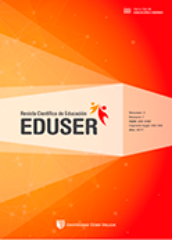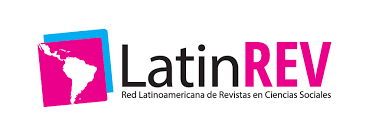Effects of prior knowledge strategies - cooperative work on academic performance at the Higher Education Institute
DOI:
https://doi.org/10.18050/RevEduser.v6n1a5Keywords:
Prior knowledge, Cooperative learning, University education, Institute of higher educationAbstract
The study was descriptive, correlational, transectional, ex - postacto. It was developed under the premise of determining the correlation between teaching strategies on prior knowledge - cooperative work and academic performance at the level of Higher Education. The members of the study were included as part of a non-probabilistic sample of 152 students from a Higher Technological Institute Public of a city in the north of Ancash, Peru; by criteria of inclusion and informed consent, for this purpose the instrument didactic teaching strategies Questionnaire and a summary of qualifications of academic performance were used; finally, they conclude that the variables teaching strategies and academic performance correlate in this type of students in a significant way, with a moderate positive intensity; The types of strategies (organization of information and group strategies) correlated positively with academic performance. The study rejects the assumption that teaching by stimulation of prior knowledge is related to high qualifications in performance, since no significant correlations were found between both components in the students of the Higher Education Institute.
Additional Files
Published
How to Cite
Issue
Section
License

This work is licensed under a Creative Commons Attribution-NonCommercial-NoDerivatives 4.0 International License.













